~まで and ~までに are both used with a time phrase and they look almost the same. However, their meanings have a rather large difference. Read the explanation here.
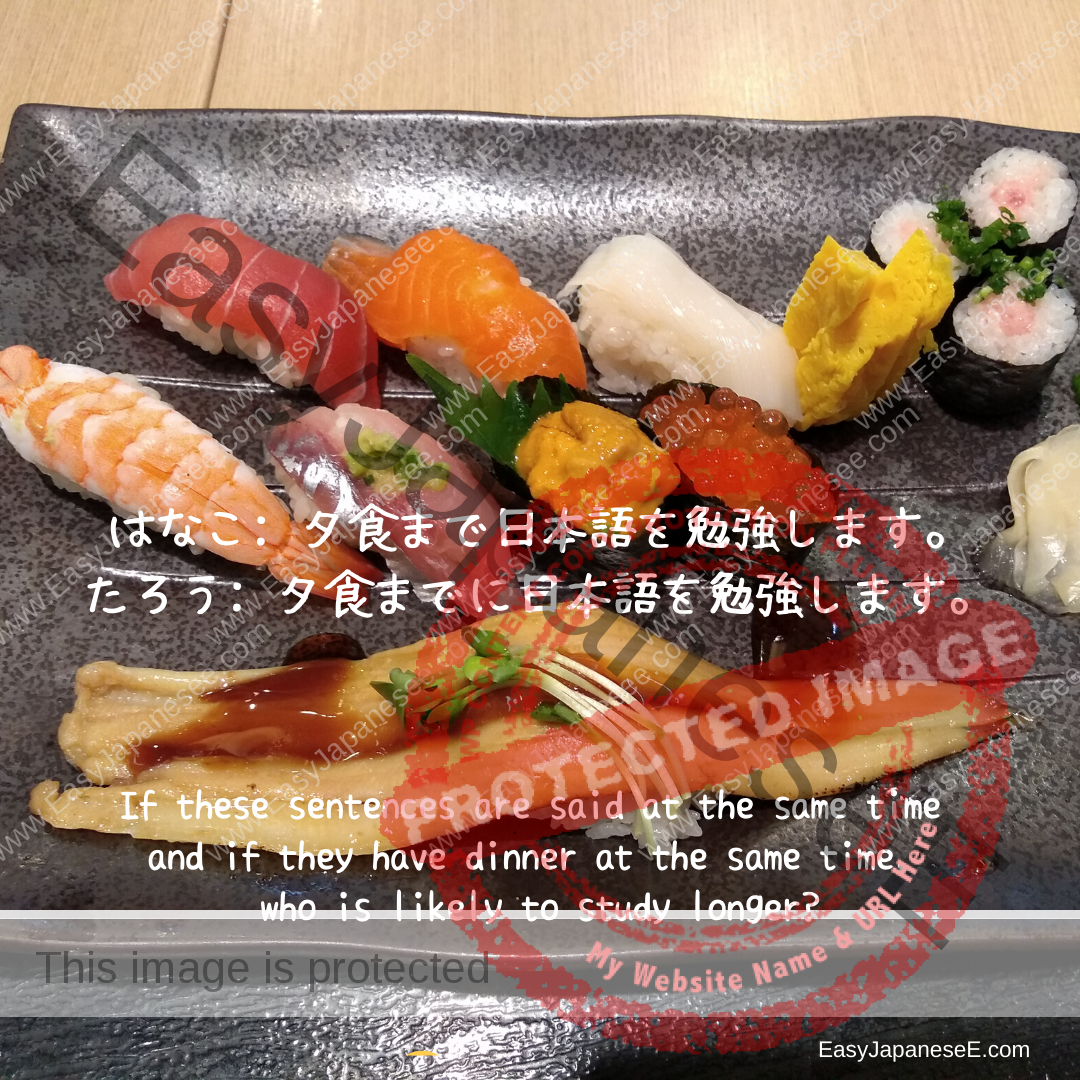

~まで and ~までに are both used with a time phrase and they look almost the same. However, their meanings have a rather large difference. Read the explanation here.

~まで is usually introduced as the end point marking particle but ~まで is also used as a limit marker and a particle to emphasise the extreme nature of a situation

Today’s Grammar Point: ~から~まで “Aから” means “from A” or “since A” and it can be used for both time and place.…
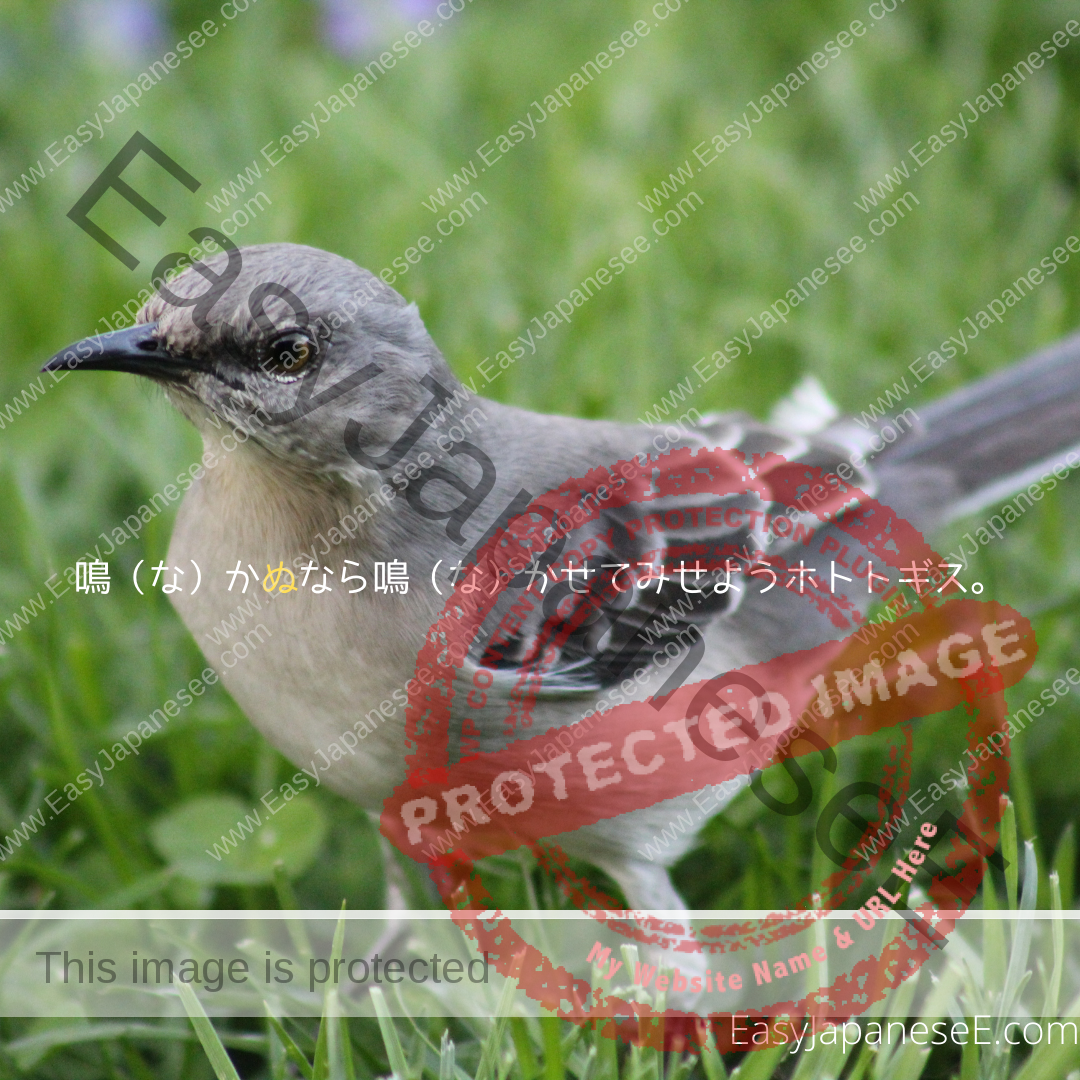
Today’s grammar point is an archaic expression ~ぬ/~ん that replaces ~ない (negative ending). It is more often used in written passages than speech.
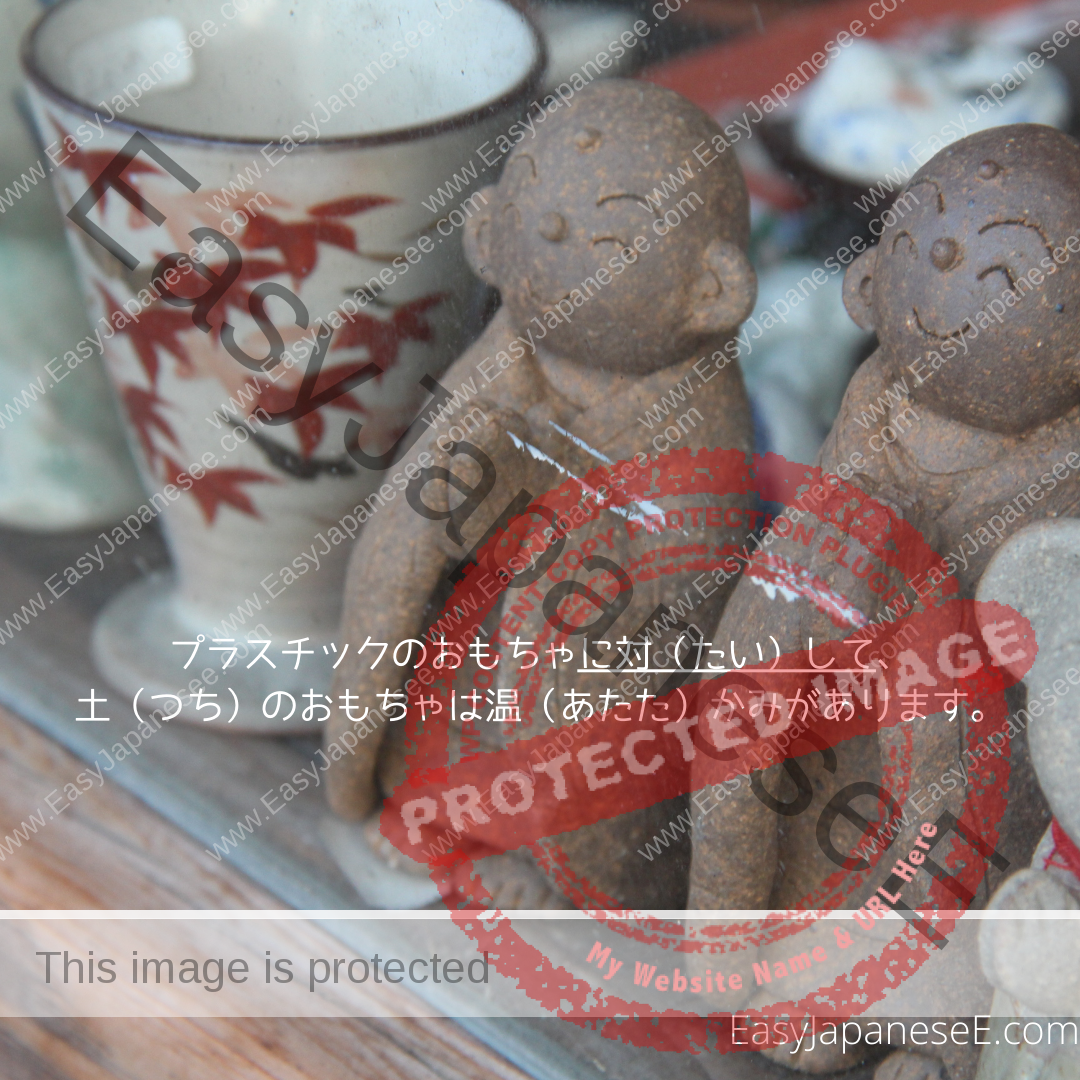
Today’s grammar point is ~にたいして/~たいし, which is used either to clarify the target of an action or to show a contrast between 2 things.
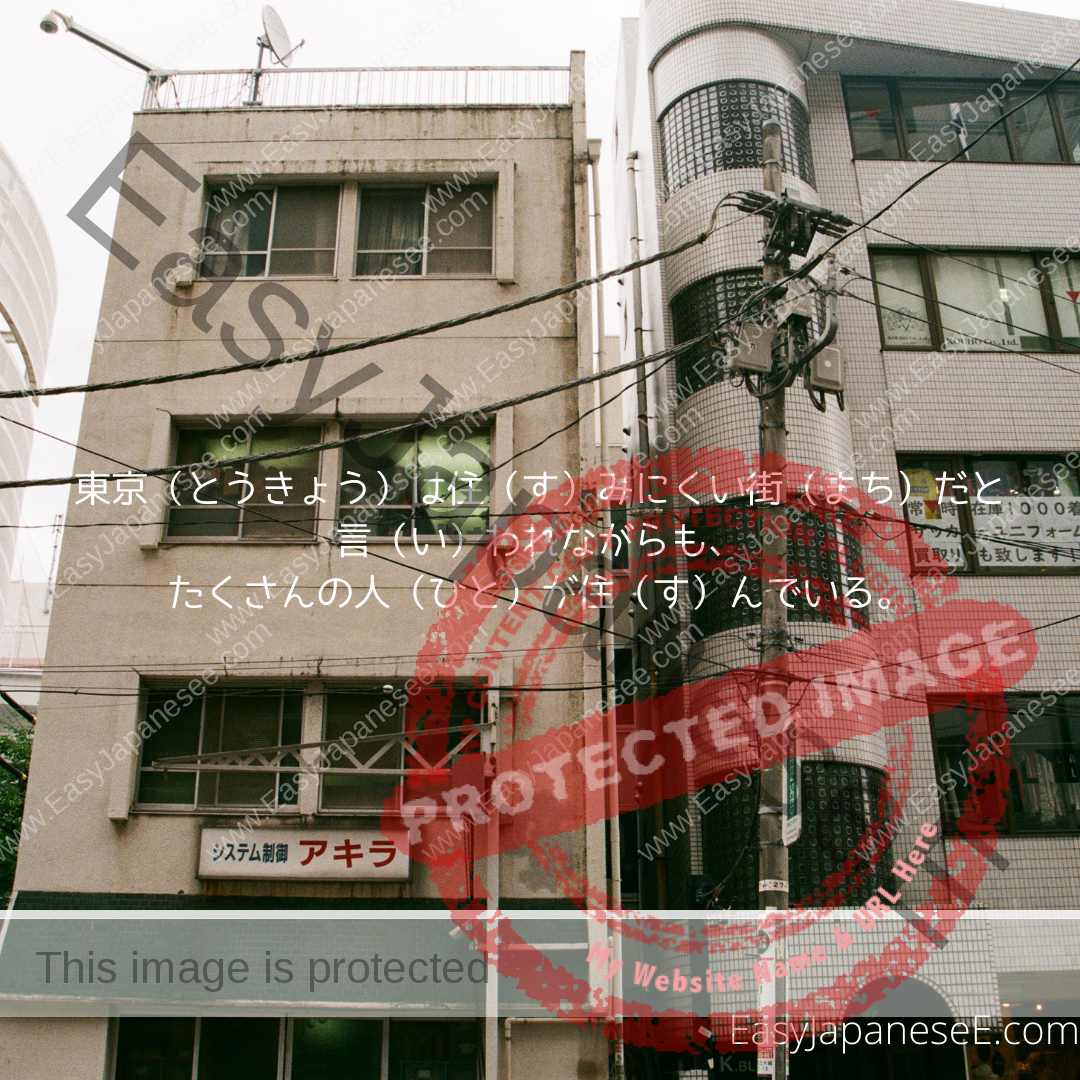
Today’s ~ながら means “in spite of ~,” “although ~,” etc. The “~” part is usually a verb or phrase that describes a condition, rather than a momentary action.
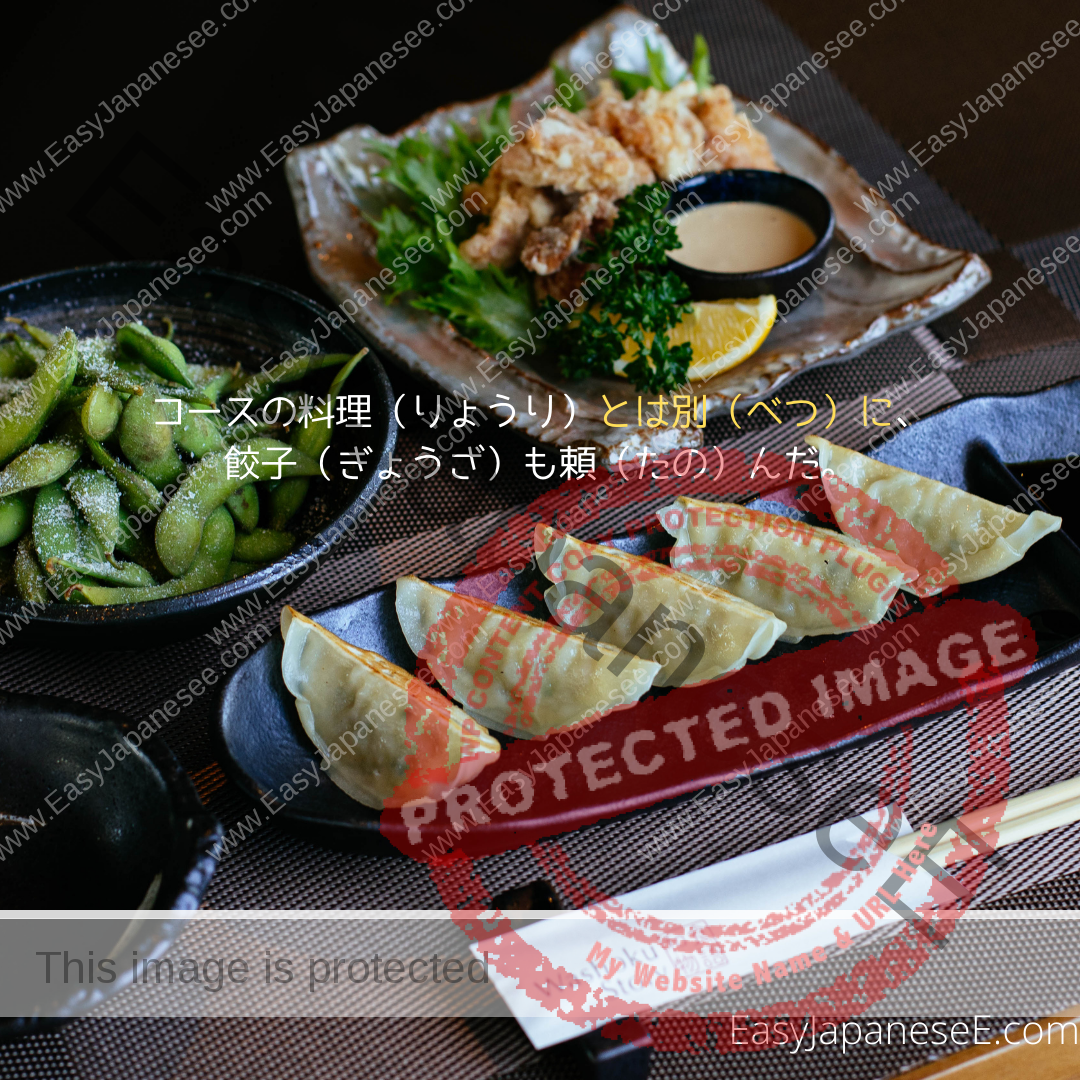
~とべつに or ~とはべつに means “apart from ~” or “separately from ~.” This は is for showing contrast, so if you use は, “apart from” part gets emphasised.
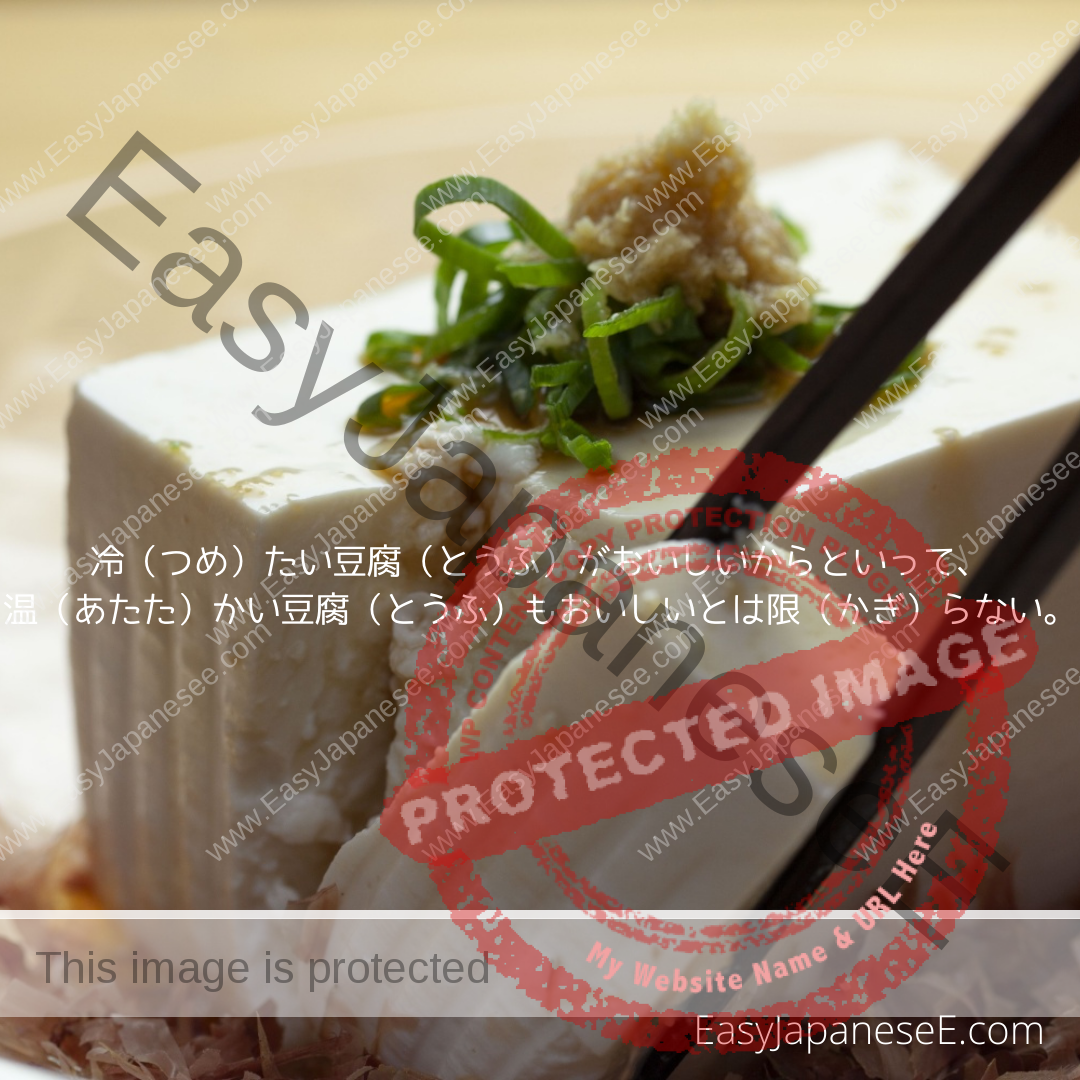
~とはかぎらない literally means “not limited to ~” and it’s used in “partial negation” which is often translated as “not always ~”, “not all are ~”, etc.
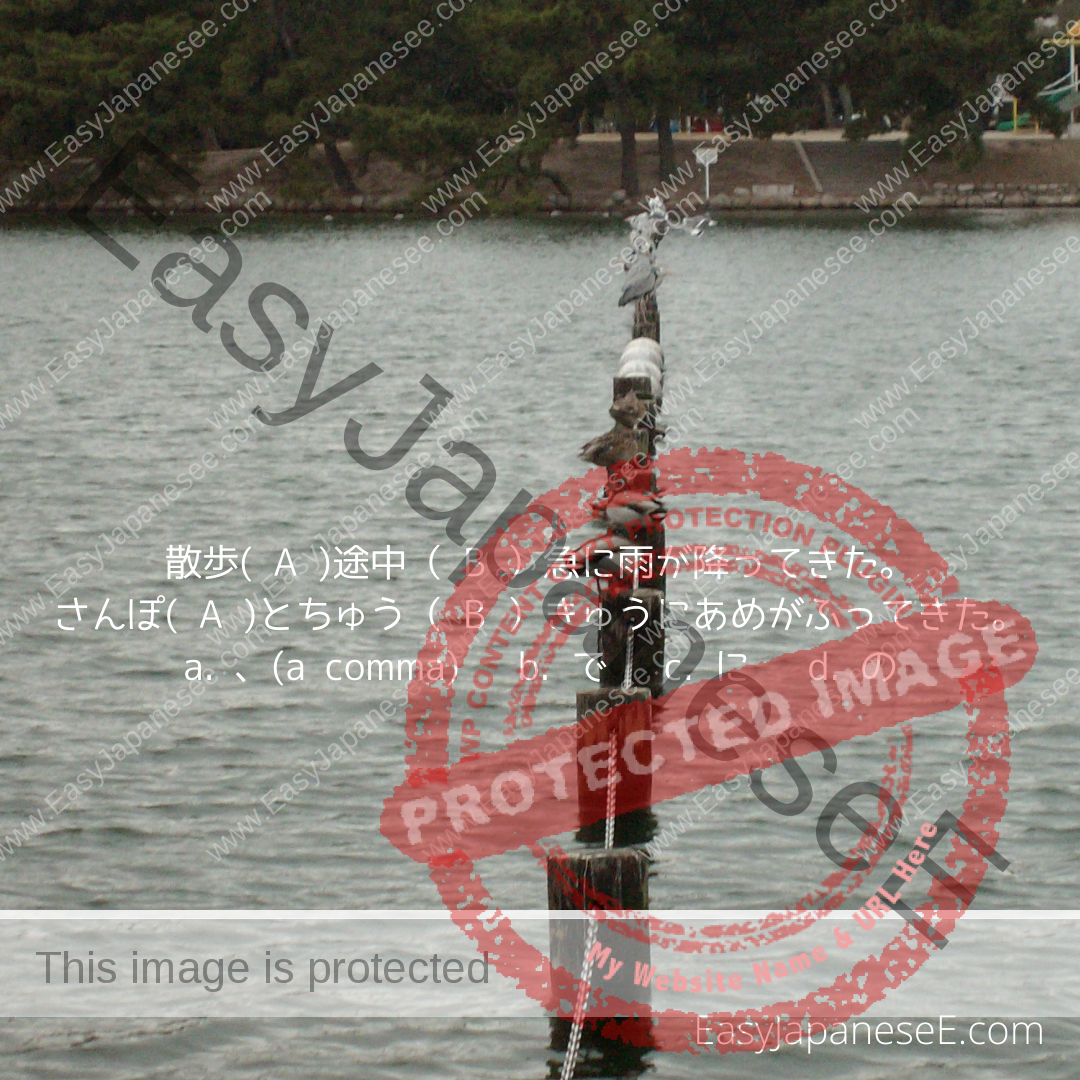
とちゅう is a noun which refers to a point between the starting point and the ending point. It can be a location or a time, or “in the middle of doing something”

~としたら、~とすると、~とすれば all are expressions to express an assumption. “Assuming ~, …” or “If ~, …” Here’s my attempt to explain the differences.
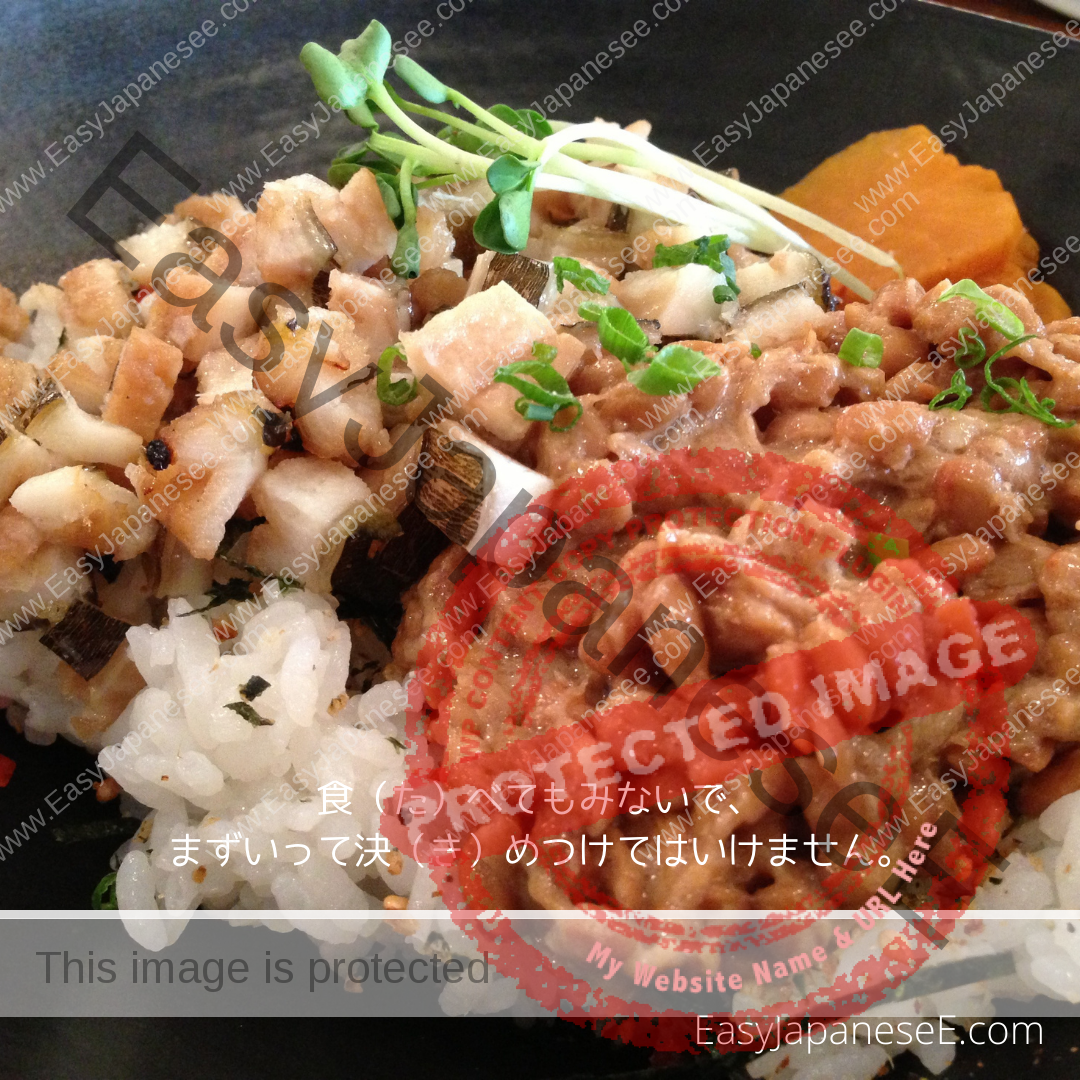
とおす itself means put someone/something through (to …) but it can be used after a verb stem and ~とおす adds the meaning of “continuously” and/or “to the end.”
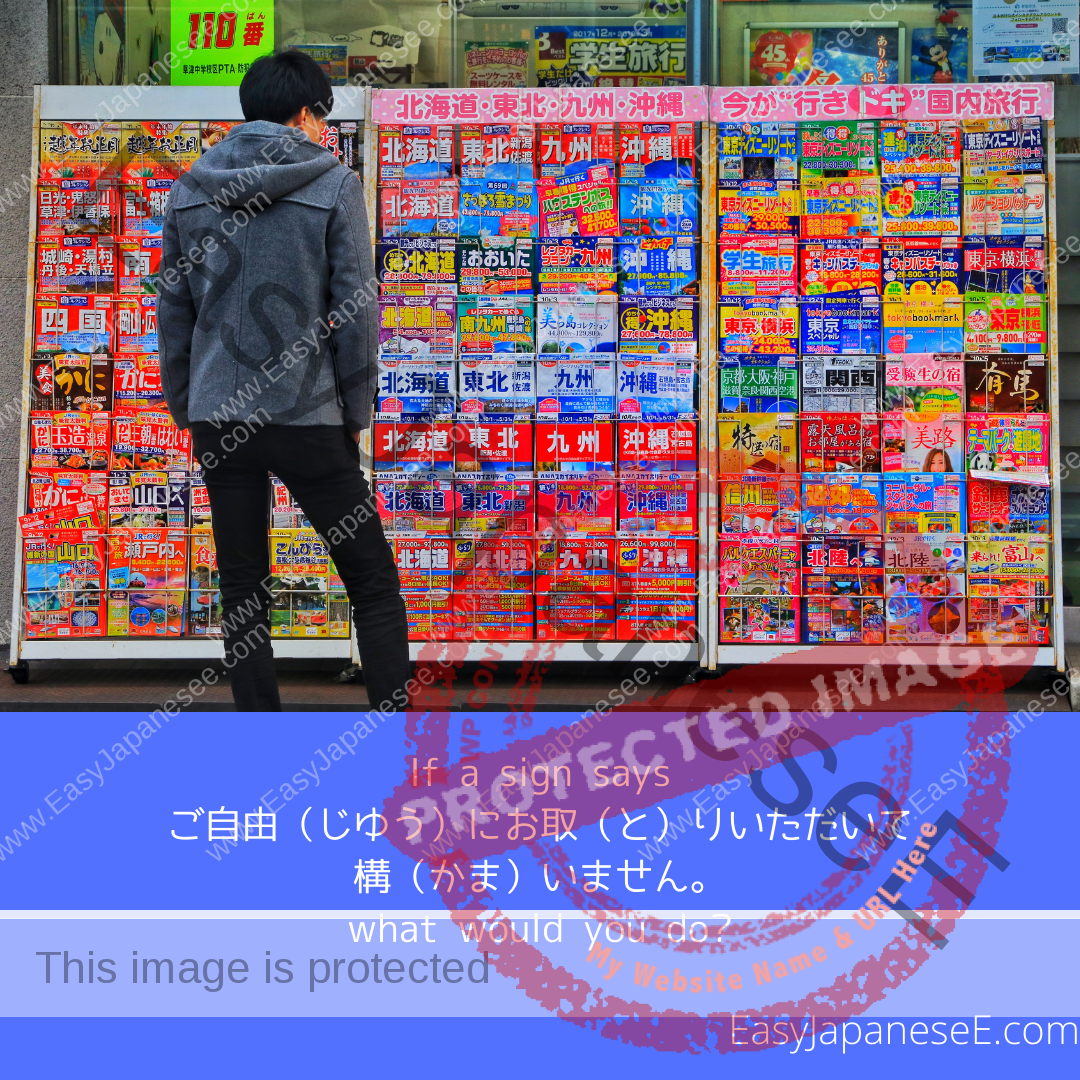
~てもかまわない is used in 2 different meaning. One is a politer version of ~てもいい and the other one is “It doesn’t matter.” Check the usage here.
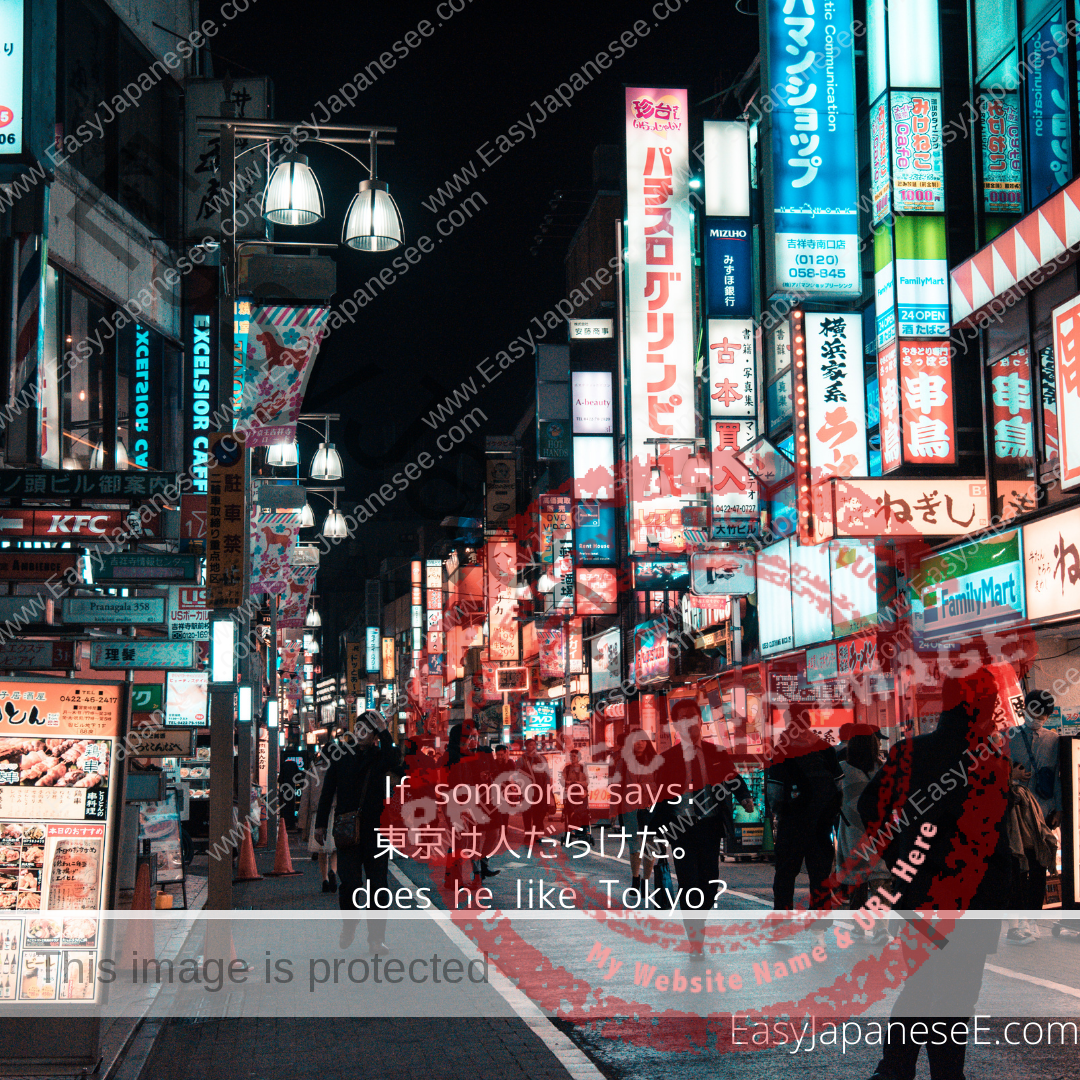
~だらけ is usually used in a negative concept meaning “full of something unwanted” or “covered with something undesirable.” Check the usage here.
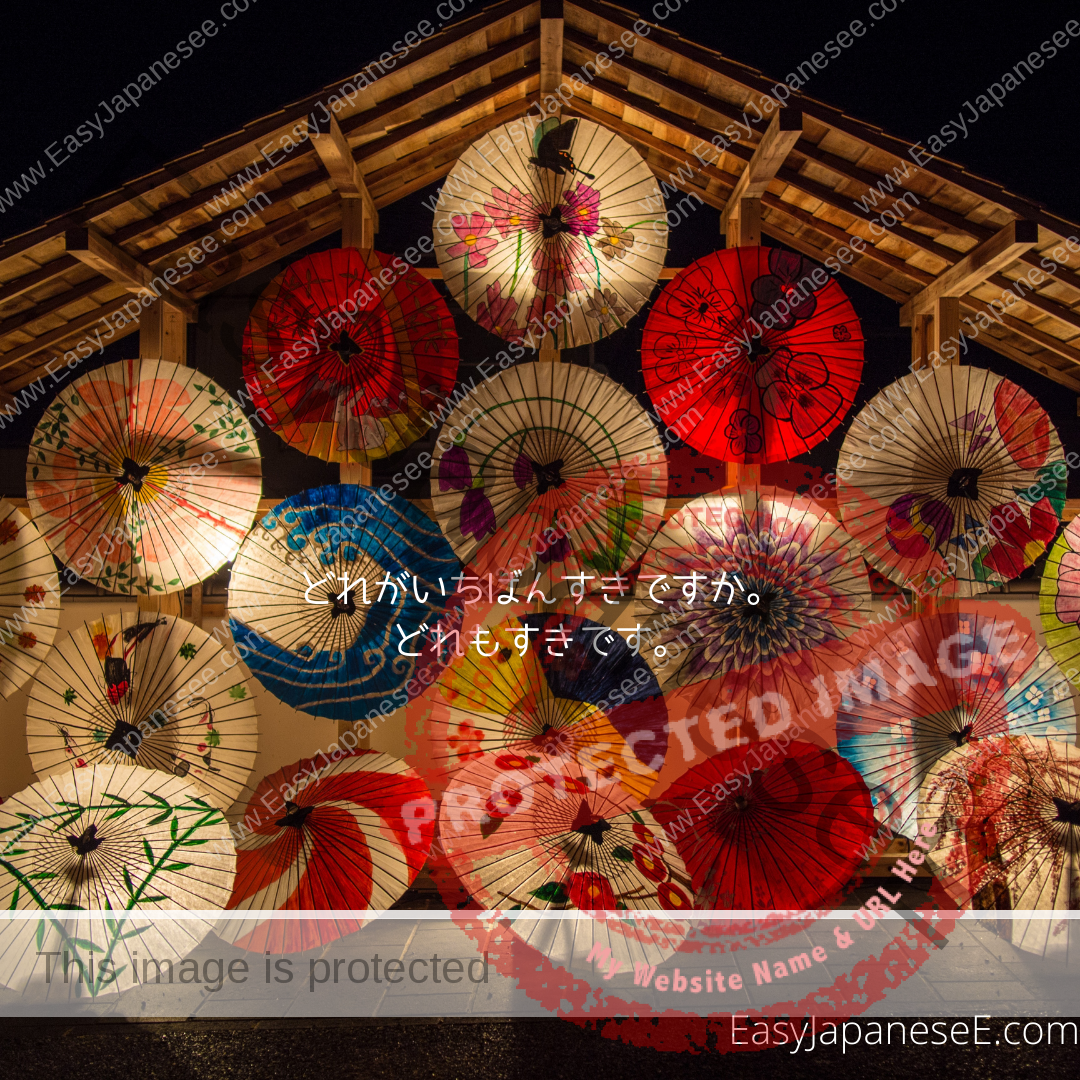
Adding か after a question word makes it an indefinite pronoun like “some…”. Adding も makes it “any…” but you need to be careful combining with a particle.
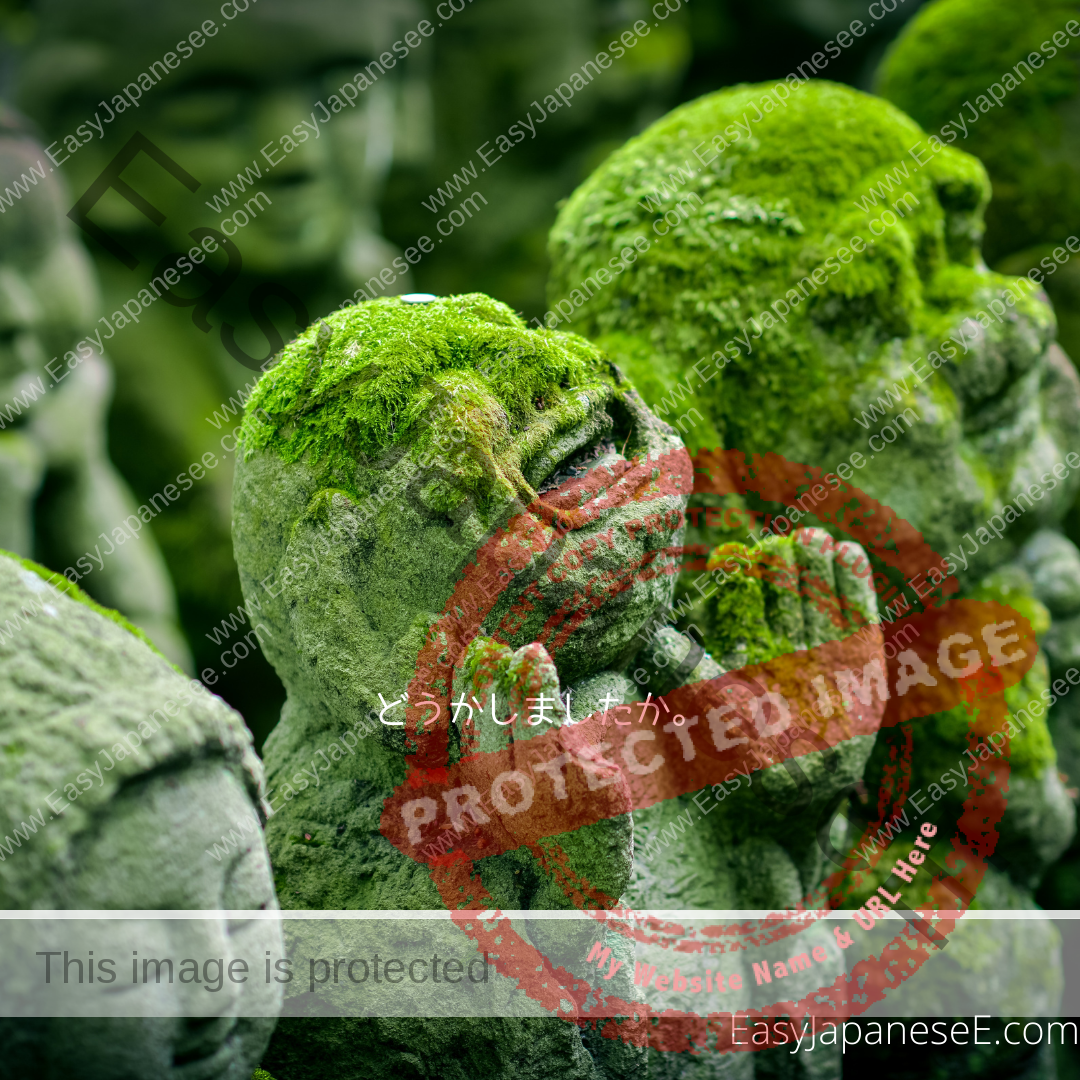
If you add か after question words, いつ、どこ、だれ、なに、なぜ、どう, いつか、どこか、だれか、なにか、なぜか、どうか become an indefinite pronoun, sometime, somewhere, someone, etc.
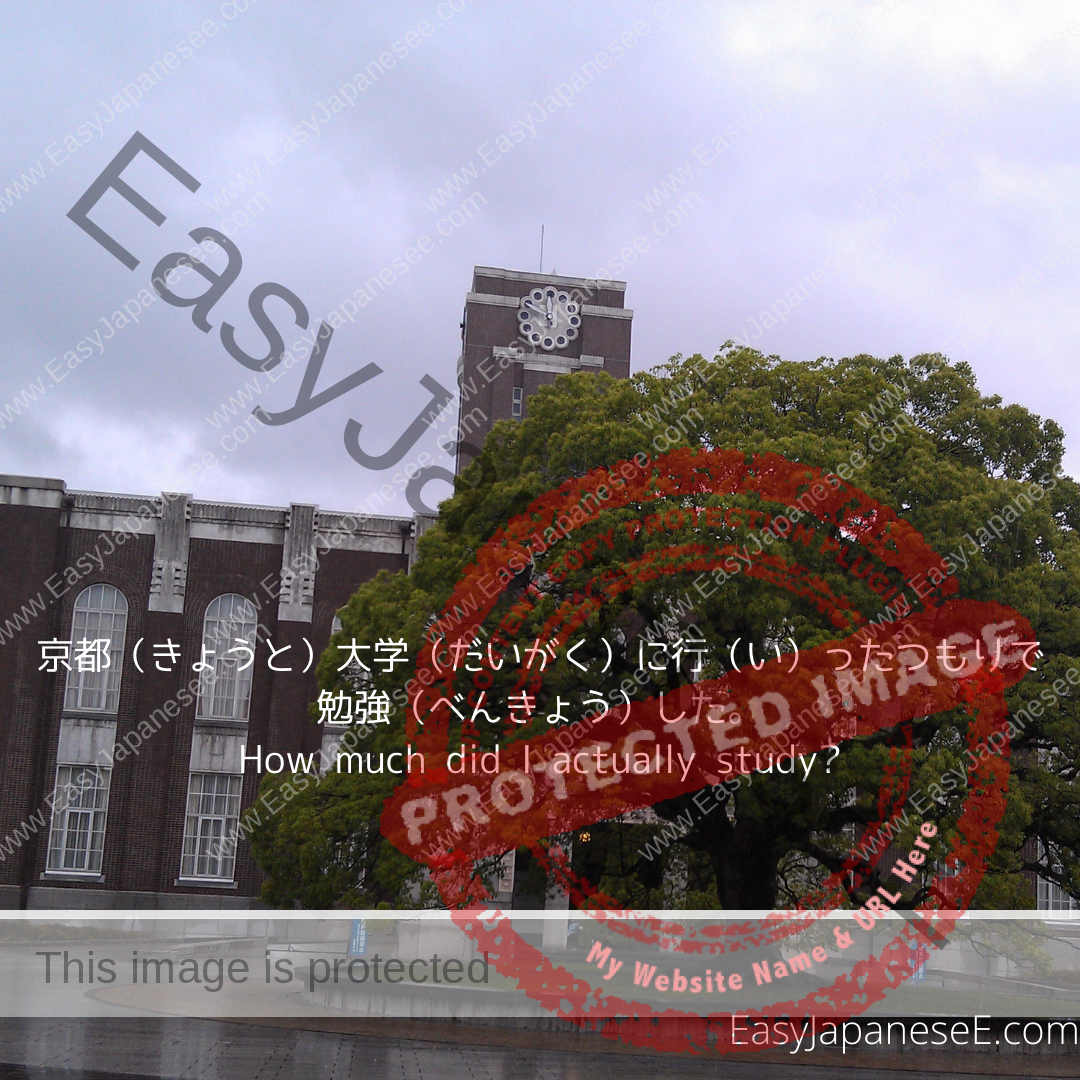
つもり means an “intention”, but if つもり is used with a past tense verb, ~たつもり can express an assumption or conviction which may not necessarily true or real.
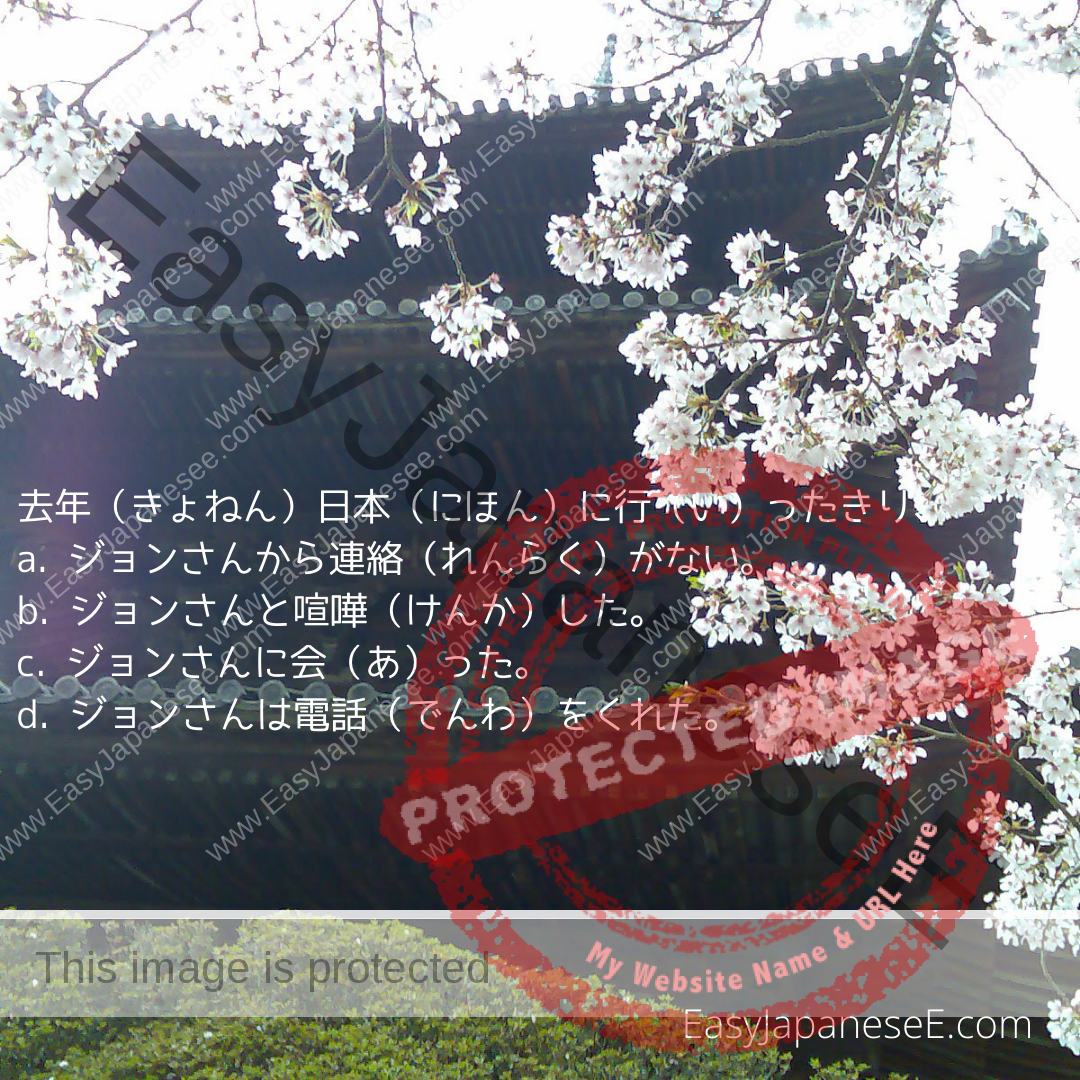
~たきり・・・(ない) means after the action of the たform verb is completed the condition described in the second half of the sentence is continuing.
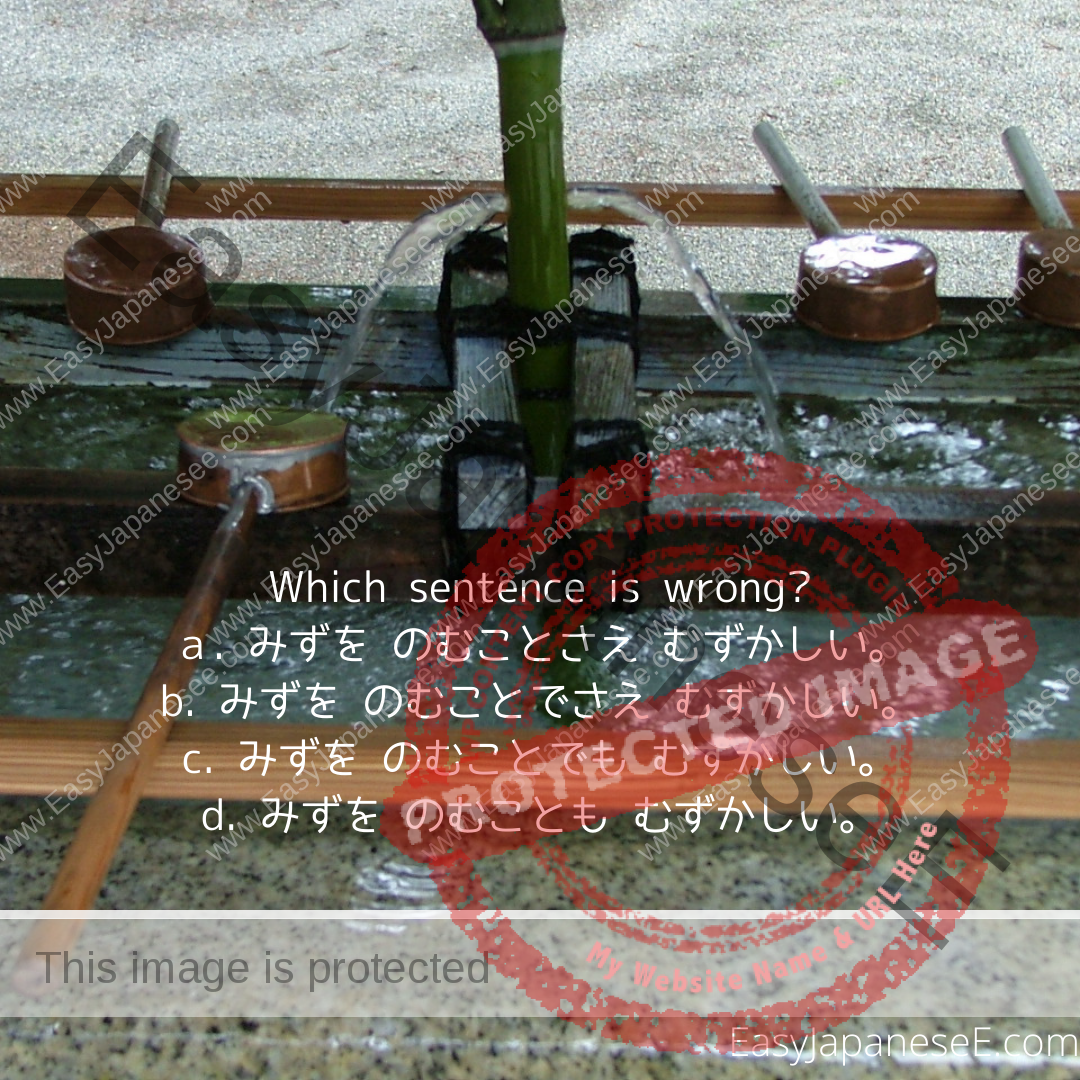
~さえ is often used to mention an extreme example so that people can guess the rest of the situation. Check the usage and more examples.
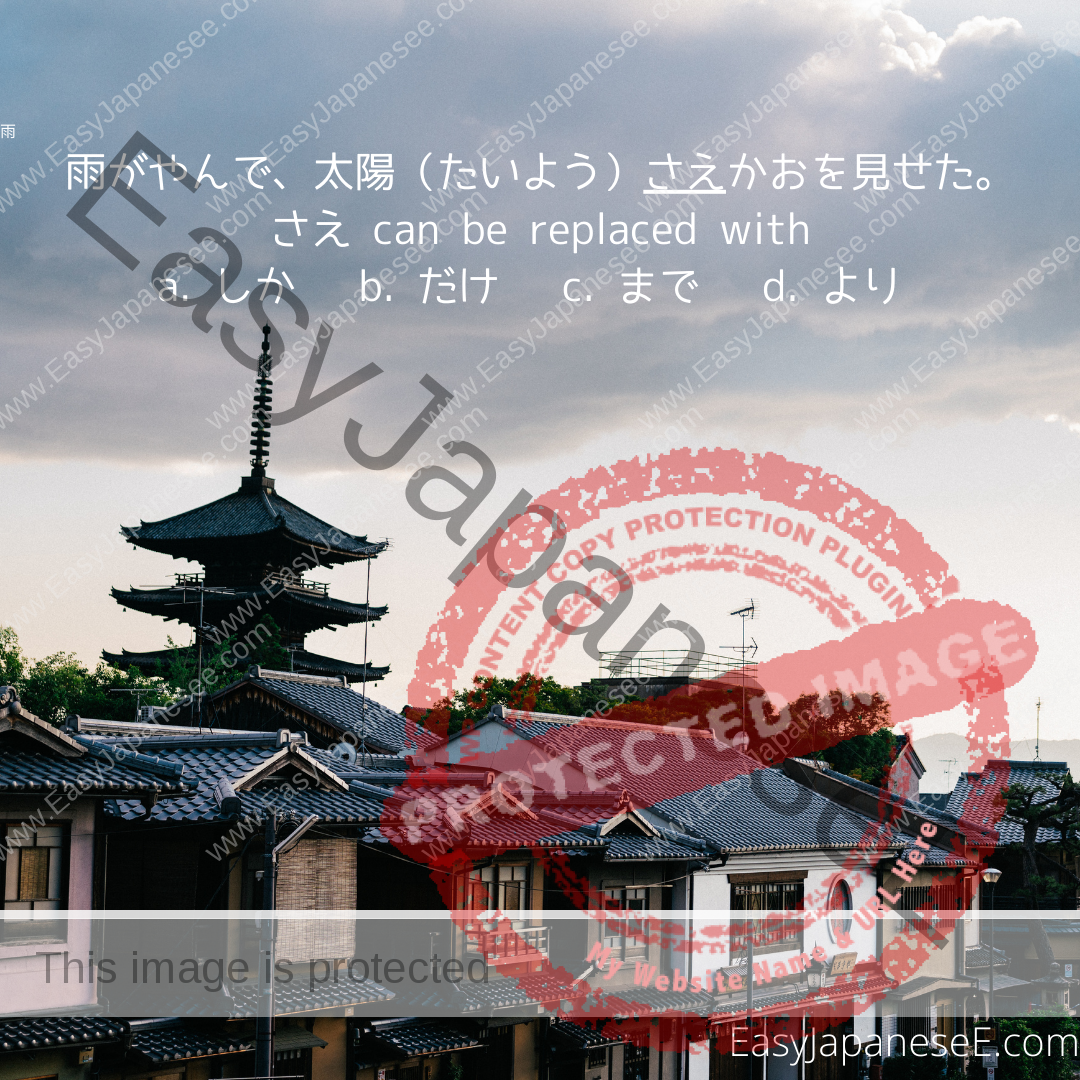
~さえ has 3 meanings. Today’s post talks about さえ which is used for accumulation. Check the usage with these examples.
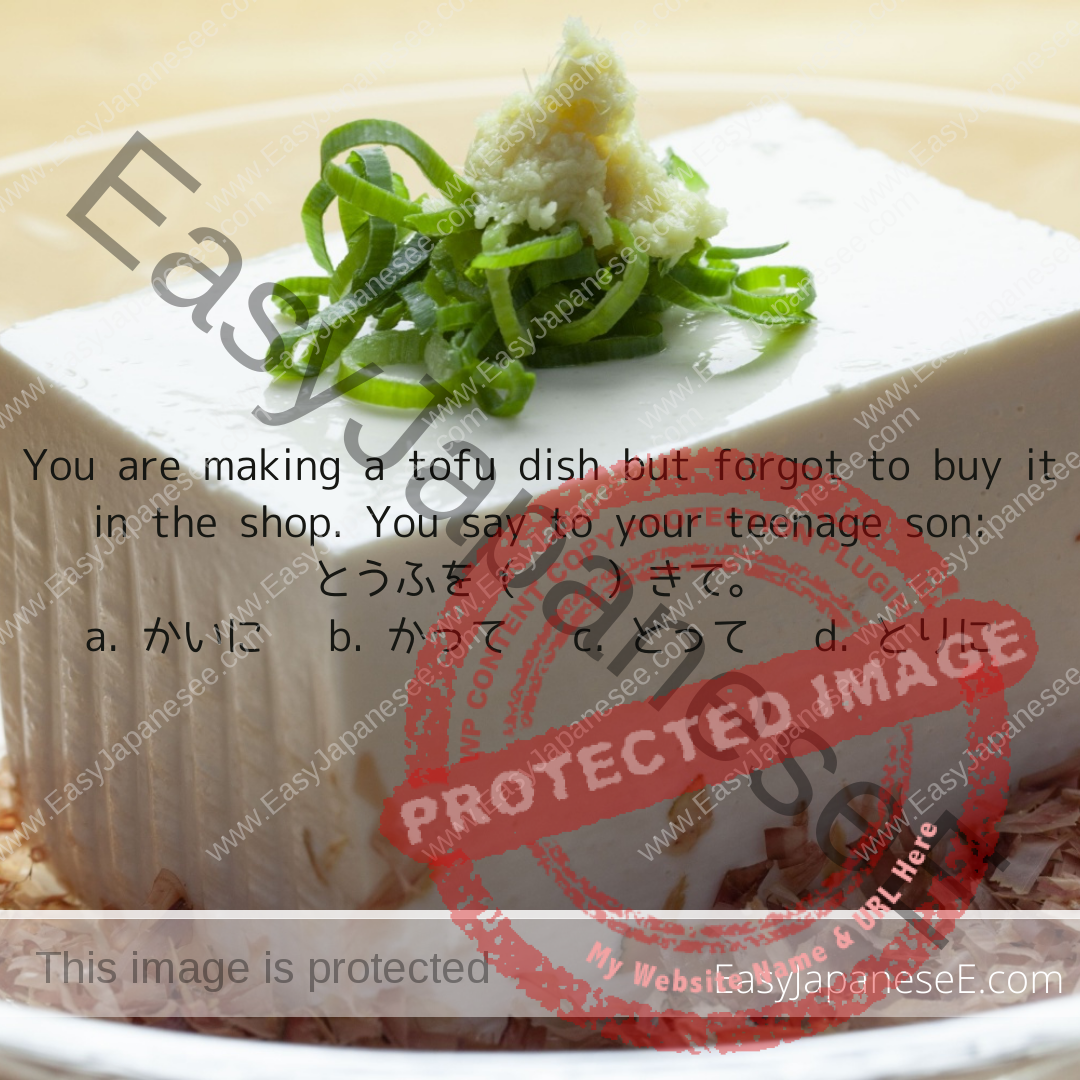
くる is a verb that means “to come” but てくる, which is a combination of the てform of a verb and the auxiliary verb くる can have various meanings.
